INTERVIEWS
Sarah Reckess, Ashley Rivera, and Leah Russell
Interviewer: Marcela Torres Molano
Language of interview: English
Country of practice: United States
Profession: All interviewees are part of the Syracuse Peacemaking project. Sarah Reckess is the supervisor of the Syracuse centre; Ashley Rivera is Peacemaking associate for the project, and Leah Russell is the coordinator of community development since 2015.
Ashley Rivera, Leah Russell and Sarah Reckess work for the Syracuse Peacemaking project in the state of New York. It is a program that belongs to the Center for Court Innovation, which facilitates training on peace-building circles by Indigenous mentors. The cases followed by the center include processes from the traditional justice system, as well as conflicts in schools and communities, with the main purpose of promoting opportunities for healing relationships and damage repair. Ashley facilitates peacemaking circles, Leah is the coordinator of community development, and Sarah is the center supervisor.
During our conversation, they talk about the space used for the Syracuse Peacemaking project; an old house within a community neighborhood that was renovated into a multipurpose and easily accessible community center. Through participatory design, the house was transformed into an ideal place for meetings and collective circles. According to the interviewers, the project has always strived to maintain an atmosphere of home that allows participants to have a sense of belonging and a space for different community practices such as eating together, producing art, and working on a vegetable garden.
Ashley, Leah and Sarah share their advice on how restorative justice spaces can help with the purpose of reconciliation. They tell us about the need for open places with the capacity for community transformation, as well as private spaces, such as small corners, for more intimate conversations. They focus on the importance of space flexibility for different activities, the use of comfortable furniture, and the possibility of using walls as canvases for writing and art. They explain the importance of moving away from the cold and hard commercial architecture that prevents the success of conflict resolution processes. In addition, they explain certain spatial conditions a restorative space should avoid as well as those ideal for creating adequate spaces for healing.
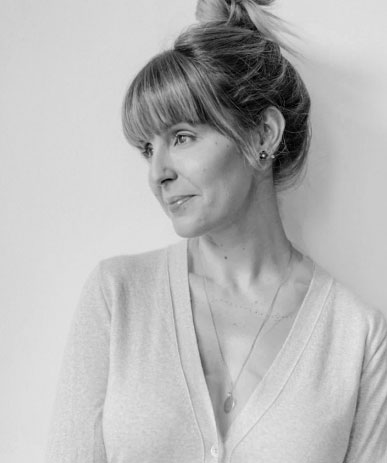
is an author, speaker, columnist, and podcaster in the fields of architecture and decorative arts. She is completing her MA in Art History at Concordia University, Montréal, and holds a Bachelor of Commerce with a major in Marketing from John Molson School of Business. She studied Industrial Psychology in Los Angeles, California. Sicotte is the author of two published books on design (2015, 2018) published by Les Éditions Cardinal.
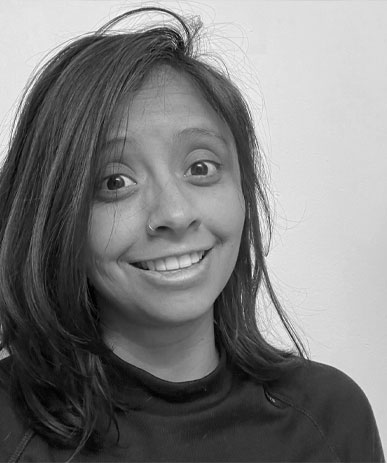
is a Colombian PhD candidate in the Department of Art History at Concordia University. She has a background in architectural design and community activism and holds a master’s degree in Building and Urban Design from the Bartlett School of Architecture in London, England. Her interests focus on socially-engaged art, social movements, collaborative activism in post-conflict scenarios, collectively-produced art, and art produced in relation to the built environment.
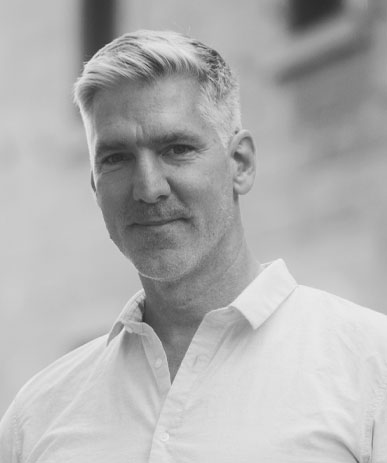
is a PhD candidate in Humanities at Concordia University. His research focuses on spatial agency, social aesthetics, youth narratives, and graphic representations of urban memory. He has published on the relationship between children, play, and public space in Cartagena, Colombia. He has also worked as an editor on literary projects, including Territorio Fértil, which received the María Nelly Murillo Hinestroza award for Afro-Colombian literature.
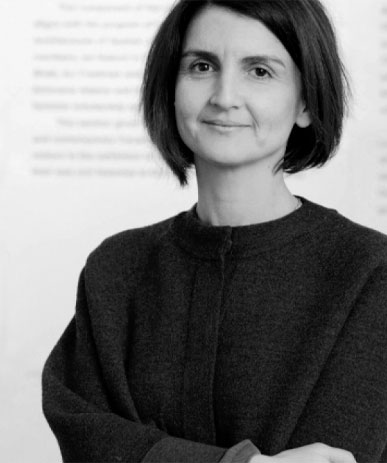
is Associate Professor and Canada Research Chair in Architectures of Spatial Justice (Tier 2) at the Peter Guo-hua Fu School of Architecture at McGill University, Montréal, Québec, Canada. Her research interests include low-income housing and participatory design, civil protest and urban design, and campus landscapes and race. Her publications include the co-edited book, Orienting Istanbul (2010) and solo-authored book, Istanbul Open City (2018).
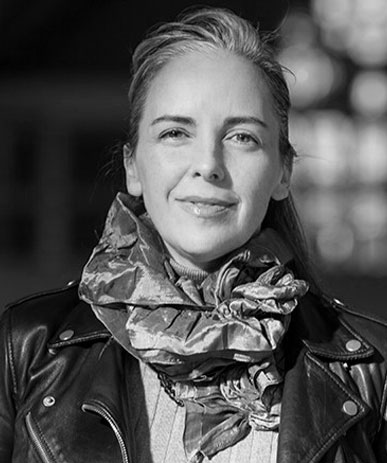
is an artist and a professor of Art History at Concordia University. Her work focuses on women and the history of the built environment, urban landscapes, research-creation, and oral history. She has published on the spatial history of the suffrage movement, public art, gardens, and the politics of urban change. In addition to her research on the spaces of restorative and transitional justice, she is leading an oral history project on the urban memories of diverse Montrealers.
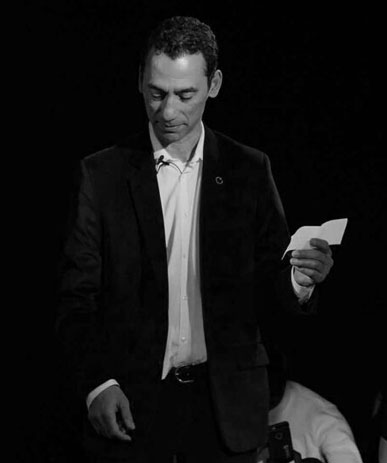
is Associate Professor in the Department of Theatre at Concordia University, Montreal (Quebec, Canada). He is also the second co-director of Concordia’s Centre for Oral History and Digital Storytelling. His latest publications explore listening in the context of post-conflict performances of memory. For instance, see ‘Facilitating voicing and listening in the context of post-conflict performances of memory. The Colombian scenario.’ In: De Nardi, S., Orange, H., et al. Routledge Handbook of Memoryscapes. Routledge: London. (2019), and his article ‘Not being able to speak is torture: performing listening to painful narratives’. International Journal of Transitional Justice, Special Issue Creative Approaches to Transitional Justice: Contributions of Arts and Culture. (March, 2020)